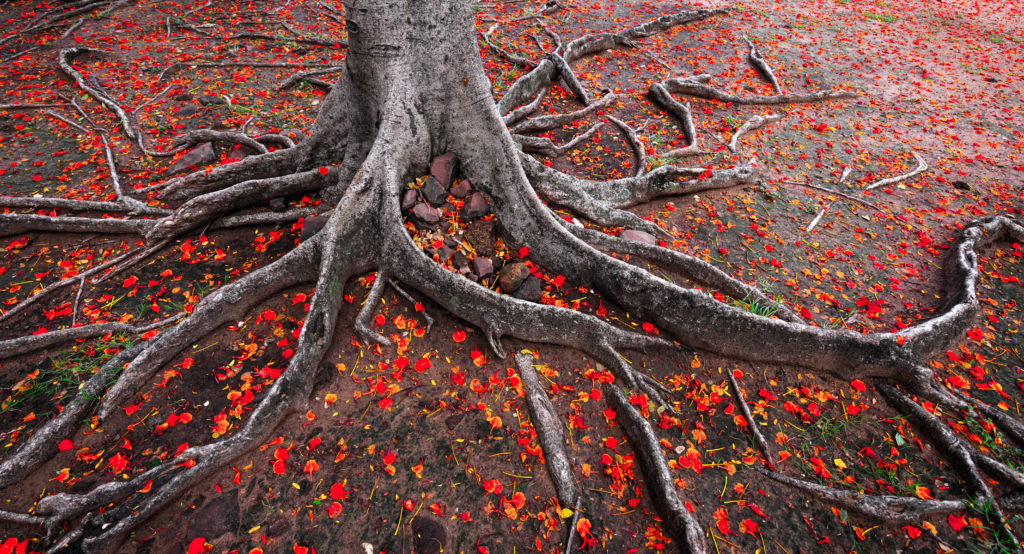A sometimes brutal journey, the length of which we cannot know: making a book is like life in that way. How long it will run? Because a composed book is so finite-seeming, so finished-looking, dazzling even, trying to deconstruct and remember how it came together feels foolish, as if by doing so it might unravel again.
In 2011, I quit my big executive-director job running a global nonprofit to embark full time making my first book, The Yellow House. I had a book deal, and an advance that I thought would last longer than the year it did. I had no idea what I was doing.
I thought, at first, that I would simply follow the chain of the title to write an autobiography of a house. I had no idea of the tentacles, the ways in which the story would transfigure. I hadn’t known at the outset that I would ultimately need to find a foundation, a structure for the book solid enough to hold the story of my growing up on sinking and subsiding soil. Had not known how excruciating the task!
I had been laboring in what felt like a grotto, mostly alone, stumbling in the pitch black. A year before, I’d entered the phase of the work where the despair outweighed the joy of discovery. Had I gone mad? Was there even a book? These were questions I sometimes asked myself aloud, which horrified my partner. It seemed my understanding of the work deepened in tandem with the money running out. I was in that hollow tunnel where no one asks anymore how the book is coming. I could no longer see the origin point. It was hard to know what James Baldwin meant when he said, “Deep water and drowning are not the same thing.”
Often, in the course of the research work, while I was tracing the elusive thread in a library or an archive or city hall, or driving to Raceland, Louisiana, where my father was born, an idea would arise that I didn’t have time or bandwidth for. I’d write it down and stick it in a folder called “Pursuits.” These tangential pieces, I would later come to learn, were the vital threads that unleashed the story I ultimately told.
But after several halting years, stopping to earn money in order to write, I began to work less toward my vision and more toward the book that I could afford. How, I wondered, could I show up assured on the page, when I was the opposite in life?
And then in September 2016, I got a call that I had won a Whiting Creative Nonfiction Grant. I had never met the literary director, Courtney Hodell, but after she broke the good news, I told her that I loved her, hung up the phone, and did a holy-ghost shuffle across the floor.
I flew my mother in for the celebration, wanting her to know, once and for all, that the book I had been interviewing her for, the book that did not exist except as a terrible draft, was an actual thing that other people could see and acknowledge. That moment when the title, The Yellow House, was said aloud at the ceremony was, for me, a summoning. At that particular moment I was five years into the work and could not foresee that my book would not appear for another three years. But that final, funded year and a half of research and revising shifted everything. I took a trip back to New Orleans, opened up the “Pursuits” folder, and reveled in the freedom to diverge and to digress, which tipped me into the kind of discovery that leads to great work.
As a writer, I have been accompanied by other writers whose works existed as signposts along the solitary way: W.G. Sebald’s The Emigrants and Jamaica Kincaid’s Autobiography of My Mother. Albert Murray’s South to an Old Place and Lucille Clifton, who in her poem “The Ones” reminded me on the difficult days:
pay attention to
what sits inside yourself
and watches youyou may sometime discover
which when
which which
The unfinished work is no less real, or necessary, or powerful than the book. How we need it, this work, these long, beautiful digressions, these surprises. May we continue to gift writers with the time for wildness. May they ramble, digress, go beyond the edges of all the known and touted maps, may they hew close to the question, to unearth the questions beyond.
from The Paris Review https://ift.tt/2r8oTka

Comments
Post a Comment